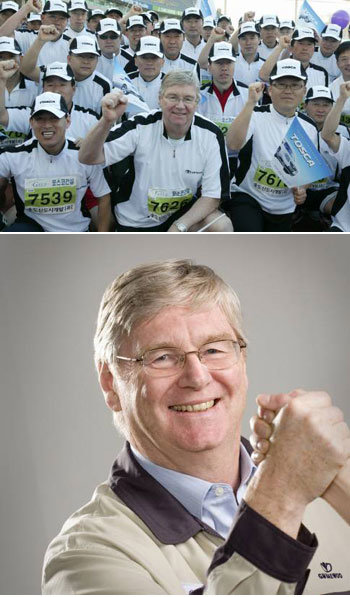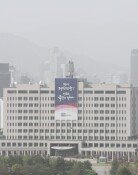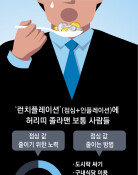Reillys Passion Saves GM Daewoo

I appreciate your warmest hospitality. I never expected this, said Nick Reilly, former CEO of Daewoo Motor Co. when he visited its labor union office for the first time since his inauguration in 2002. What kind of hospitality did he refer to?
What he faced from the company was not hospitality, but a threat. Picture a scene where the automotive companys laid-off workers, about 30 to 50 of them, got in his way and chanted No merger. Reilly recalled those days at his recent book publication ceremony. The employees who led the protests were rehired. Four years later, they gave the leaving CEO a plaque of appreciation, saying, You will always be in our memory.
The memoirs depict GM Daewoos resurgence after he took the helm of the company from 2002 to 2006. Reilly led the then bankrupt Daewoo Motors (currently GM Daewoo Motors) to 400 percent growth in four years and surpluses for two straight years. The details of the memoirs tell that the journey was never easy.
He described the bleak situation when he arrived as a marsh infested with alligators. Not only the company and creditors, including the Industrial Bank of Korea, but also the government and the public carefully watched the tough negotiation process. The labor union staged and restaged protests against the merger between GM and Daewoo. He had to persuade the boardroom of General Motors, which ordered him to exclude the Incheon Bupyeong plant, which was seen as a ground for militant unionists, from the merger.
What disturbed him the most was the accusation that GM would take away Daewoos core technologies through the merger and reduce it to a mere subcontractor, making GM products for domestic demand. In response, he picked GM Daewoo Auto and Technology, for the name of the company after the merger, showing that he had no intention to render Daewoo a mere subcontractor by putting in technology.
He rehired 1,605 workers out of 1,725 laid-off employees by March 2006. Behind this unprecedented decision was his deep understanding of Koreas corporate culture.
He said, In Korea, losing a job means losing family, friends, and a place in society. I used almost all channels, including media and administrative offices, to find the dismissed workers to give them a second chance.
Reilly was promoted to become the president of GM Asia Pacific and chairman of the GM Daewoo board of directors in July 2006. Questioned about the secret of his exemplary labor-management relationship, which saw just 62 hours of strikes during his tenure, he answered, Power lies in management. Managers accept 80 percent of demands from workers, and receive 20 percent concessions. He did not forget to emphasize that the biggest contributor to GM Daewoos recovery were the firm`s devoted employees; to credit their effort is what his book aims for.
polaris@donga.com







